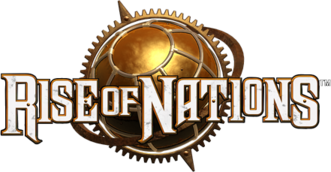| Resource Overview | History |
At the dawn of civilization, relics served as a link to a highly esteemed individual or to divinity itself. These could consist of anything originating from past individuals — even the skulls of great-grandparents or formidable enemies slain in battle were worthy of being relics. In Homer's Odyssey, the Argives tried to steal the Palladium, a relic which supposedly was sent down from heaven, as they thought it would give them victory over the Trojans. The appeal of relics as cultic objects was so robust that it lasted even into the medieval era where they were not only prized as items to be held for display in churches, but for worship as well. Not all people were avid about them: although they kept the personal effects of the Prophet and his associates, the majority of Muslims did not venerate them, and Confucians in China found the practice of venerating dismembered parts of human bodies such as teeth repugnant.
With the onset of the modern era, however, relics and other artifacts of past cultures began to lose their spiritual significance, but soon found a new lease of life once the science of archaeology was established, with relics gaining a greater significance as evidence for historical events as opposed to the existence of individual heroes. Archaeologists intent on discovering new causes for historic phenomena and the origins of present-day societies and culture are more delighted to discover hitherto undiscovered writings, ancient rubbish heaps and well-preserved remains of fauna and flora as opposed to the odd sceptre or antique which once belonged to a well-esteemed personage whose existence has been swallowed up by the relentless passage of time. In fact, it is these same relics which past cultures would've disdained that have made Rise of Nations: Thrones and Patriots possible!
